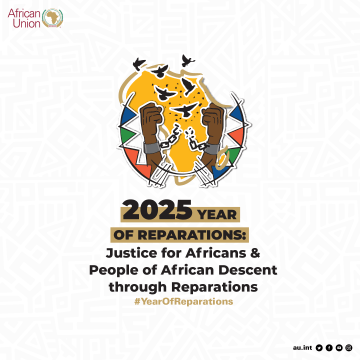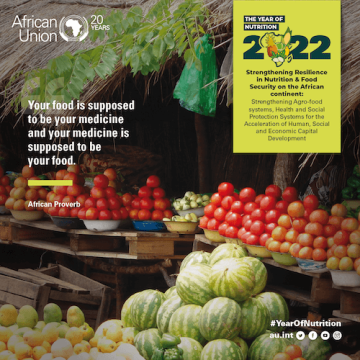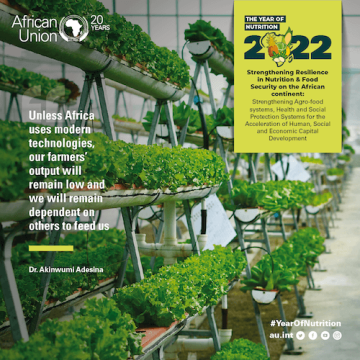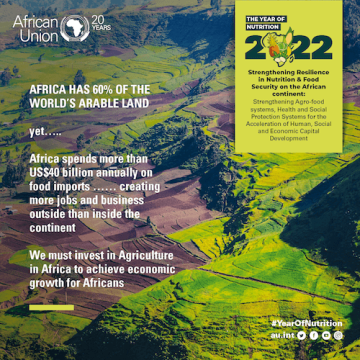
On March 9, 2003, 20 years ago, the African Peer Review Mechanism was founded by the NEPAD Heads of State Summit meeting held in Abuja, Nigeria. Two decades later, the APRM includes forty-three of the 55 AU Member States in its governance community, with Comoros joining as the 43rd member during the 32nd Summit of the APR Forum of Heads of State and Government held on 09 February 2023.
During those 20 years, the APRM completed country peer reviews in twenty-six Member States, as well as second generation peer reviews in five Member States and targeted peer reviews in five Member States.
Over the last 20 years, the APRM has grown from a voluntary association of Member States to a fully-fledged institution of the African Union whose main objective is the promotion of good governance across the Continent. The Mechanism was revitalised from 2016 to 2020 in six priority areas as identified by the APR Forum of Heads of State and Government at the Special Summit held in Nairobi in August 2016, including
• Revisiting the philosophy of the APRM;
• Ensuring compliance with APRM principles;
• Resource Mobilisation;
• Integration of the APRM into the AU system;
• The role of APRM in monitoring of AU Agenda 2063 and post-2015 SDGs; and
• Revising the Review Methodology.
These six priority areas were incorporated into the first Strategic Plan 2016-2020 on Revitalisation, with all the priority areas successfully achieved, including integration of the APRM budget into the Statutory AU budget in 2019, completing 19 peer reviews from 2017 to 2023 including new targeted reviews developed to allow Member States to improve governance in specific national priority areas, and promoting synergy in governance between all members of the African Governance Architecture (AGA) through the APRM-led African Governance Report, whose third edition was submitted to the AU Assembly in February this year. The APRM has also developed strong links with the African Peace and Security Architecture (APSA), including instituting an annual retreat with the Peace and Security Council of the African Union.
The impact of the APRM, its programmes and its reviews have been broad-based and welcomed by Member States. Through successful civil society engagements, including a joint programme with ECOSOCC and, through the youth symposium, with Member States including Chad and Uganda, the APRM has ensured broad stakeholder engagement and participation. It has unearthed complex issues in governance such as diversity management, corruption, youth unemployment and natural resource management, contextualised for each reviewed State. Both in its innovation as well as its duration, the APRM has demonstrated itself to be an outstanding African contribution to the establishment and institutionalization of good governance grounded in participatory arrangements and effective citizenship. Through its emphasis on domestic accountability, citizen participation and peer learning, APRM has also served as an early warning system for conflict prevention.
The next steps for the Mechanism include, amongst others, (i) achieving universal accession, in line with the AU Assembly decision of November 2018, (ii) accelerating governance reforms through the African Governance Support Programme which envisages upscaling support to countries in implementing National Programmes of Action (NPOAs) that will achieve concrete reforms in governance and (iii) building on the successes of the review programme, including the recently concluded targeted reviews of Ghana and Senegal, with a full set of country and targeted reviews envisaged in the remainder of 2023 and beyond.
Indeed, dear APRM stakeholders, we can agree that the APRM’s promotion of the good governance principles of good political, economic, social, and corporate governance, democracy, the rule of law, respect for human rights, and peaceful resolution of conflicts are more relevant today than ever before.
HAPPY APRM DAY!









